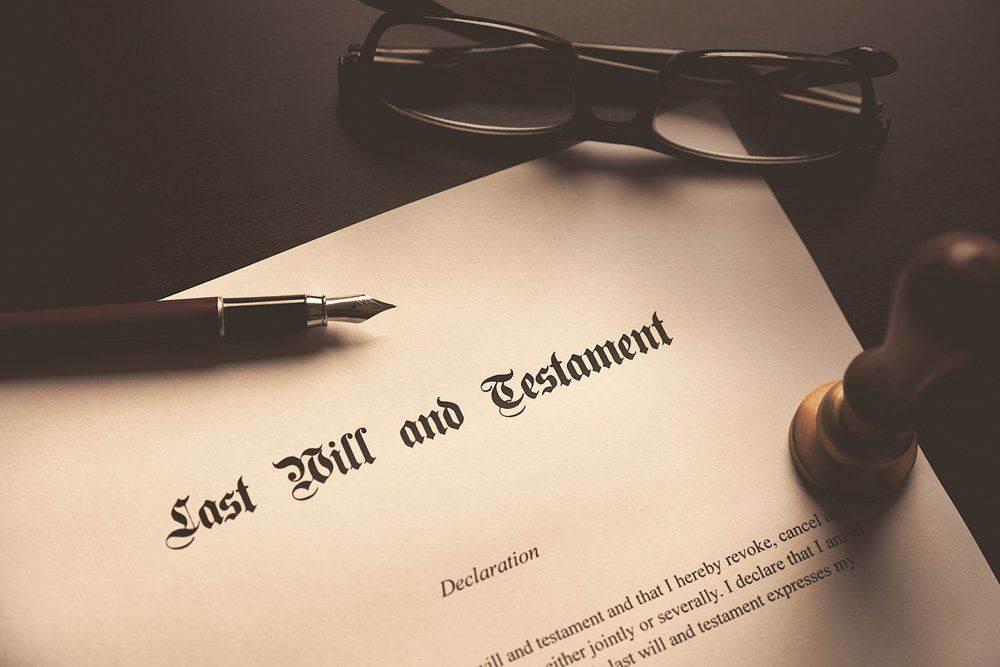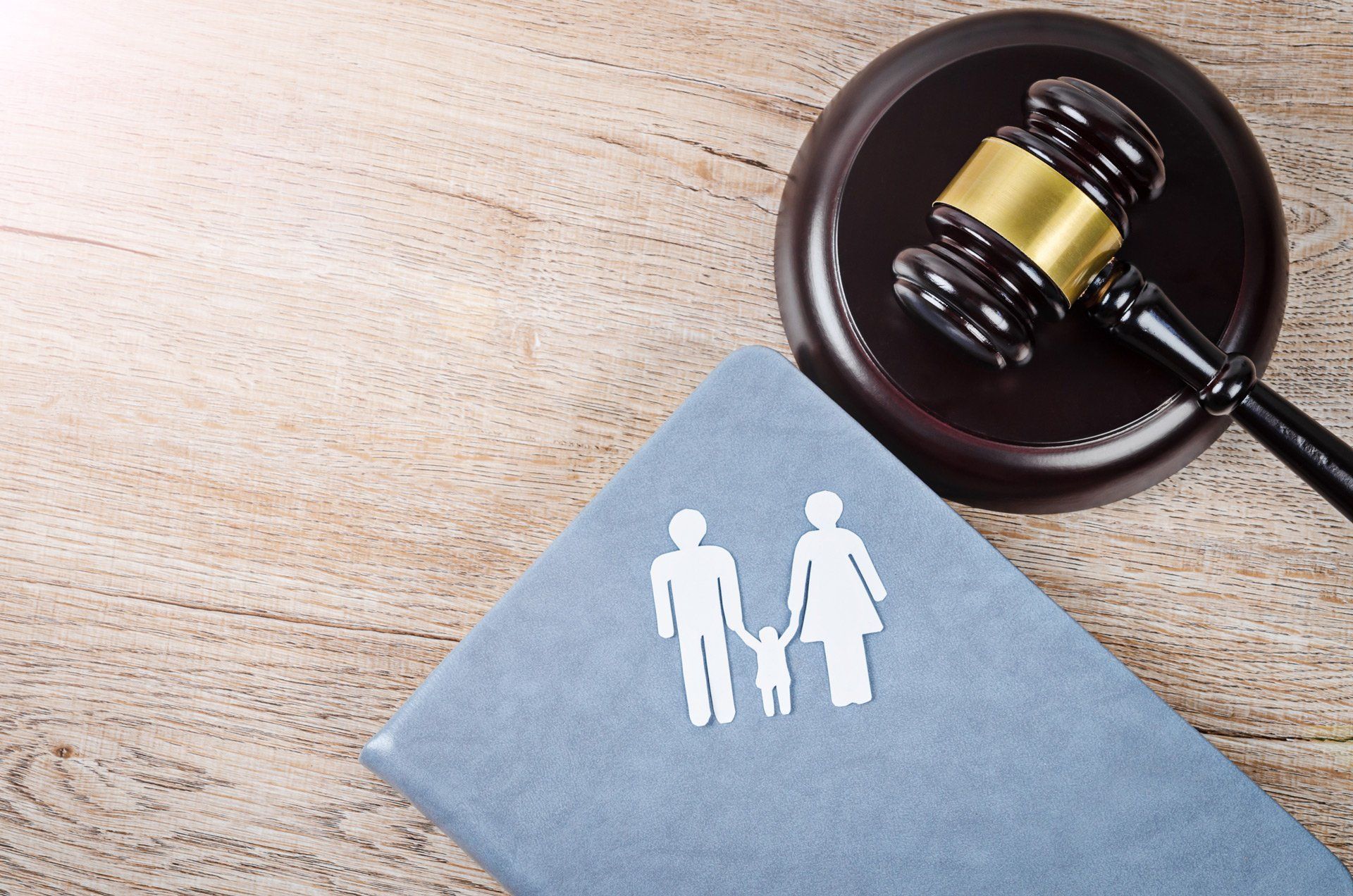If You Own Real Estate, You Need a Will
- By
- •
- 04 Jul, 2018
- •

If you own a house or piece of property but have never talked to an attorney about establishing a will, you are not alone. People fail to plan ahead for a number of reasons, including lack of legal resources and fear of talking about sensitive topics like death.
Unfortunately, not having a will when you pass away can lead to many problems for your beneficiaries. These problems become more complicated when you throw real estate and other property into the mix.
Probate and estate planning can be complicated. When you involve real estate, the process becomes even more complex. This guide will show you why having a will is the way to go.
Unfortunately, not having a will when you pass away can lead to many problems for your beneficiaries. These problems become more complicated when you throw real estate and other property into the mix.
Probate and estate planning can be complicated. When you involve real estate, the process becomes even more complex. This guide will show you why having a will is the way to go.
What It Means to Be Intestate
If somebody dies intestate, it means that he or she died without having any sort of will. As a result, any property this person owns will then be passed through a process called intestate succession.
In most cases, intestate succession passes on any properties an individual owns to their children, assuming he or she has no surviving spouse. The children then typically own the property equally.
If you do not have children, your estate will transfer to your parents or siblings. If you have no surviving parents or siblings, your estate transfers to nieces and nephews. Otherwise, the property is split in half between your mother's family and your father's family.
If you have no living family who can accept your estate, your assets are transferred to the state. Even if you have loved ones who would benefit from your assets, the state will seize them. Even properties and homes that have been in your family for years may be lost.
In most cases, intestate succession passes on any properties an individual owns to their children, assuming he or she has no surviving spouse. The children then typically own the property equally.
If you do not have children, your estate will transfer to your parents or siblings. If you have no surviving parents or siblings, your estate transfers to nieces and nephews. Otherwise, the property is split in half between your mother's family and your father's family.
If you have no living family who can accept your estate, your assets are transferred to the state. Even if you have loved ones who would benefit from your assets, the state will seize them. Even properties and homes that have been in your family for years may be lost.
What It Means to Not Have an Executor
Generally, a will establishes an executor for the estate. This person is in charge of seeing that the deceased's wishes are fulfilled by the will. You can name anybody to be the executor of your will. In many cases, people name lawyers as their executors because it avoids a conflict of interest.
State law typically determines who acts as executor if no will is available. This is typically an assigned estate administrator.
In some cases, the state will decide against making certain people the executor of the will even if they would legally be in line to take on the task. For instance, an individual who contributed to the death of the individual would not be considered for the essential role. Other people disqualified according to state law include minors.
State law typically determines who acts as executor if no will is available. This is typically an assigned estate administrator.
In some cases, the state will decide against making certain people the executor of the will even if they would legally be in line to take on the task. For instance, an individual who contributed to the death of the individual would not be considered for the essential role. Other people disqualified according to state law include minors.
What It Means for the Family to Rely on State Law
Unfortunately, lack of estate planning can lead to relationship issues within the family. Many people are in grief when property is in division, which can lead to high tension and strong feelings, especially when people have emotional connections to your home or property.
One of the major problems emerges when one party in an unmarried couple dies. Even if a couple has spent decades together, this person is typically not entitled to any property or assets without a legal will. Couples who are not married must have a registered domestic partnership in California to be included.
Many people have individuals in their life they consider family but with whom they share no blood relation. Without legal paperwork, these people will not inherit any properties.
One of the major problems emerges when one party in an unmarried couple dies. Even if a couple has spent decades together, this person is typically not entitled to any property or assets without a legal will. Couples who are not married must have a registered domestic partnership in California to be included.
Many people have individuals in their life they consider family but with whom they share no blood relation. Without legal paperwork, these people will not inherit any properties.
What It Means to Hire an Attorney
When you work with an attorney, you can develop an estate plan that works well for you. If you want to have control over your estate, you must plan for the future now. Life is often shorter than most imagine, and anything can happen at a moment's notice.
The Law Office of Carla D. Allen can provide more insight into probate and estate law. Call today to set up an appointment to discuss your legal options.
The Law Office of Carla D. Allen can provide more insight into probate and estate law. Call today to set up an appointment to discuss your legal options.
Irresponsible estate planning could increase strife in your family. If you are concerned about potential disputes, use these tips to minimize the risks.








